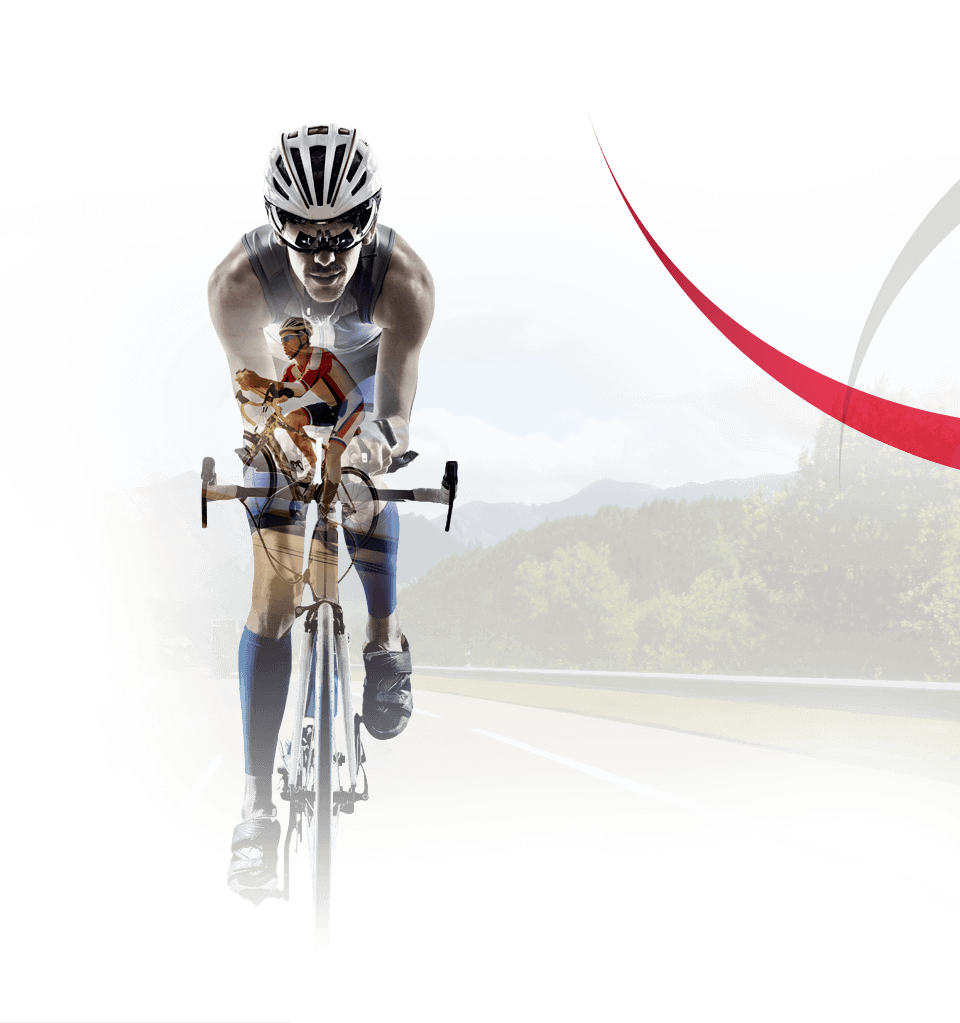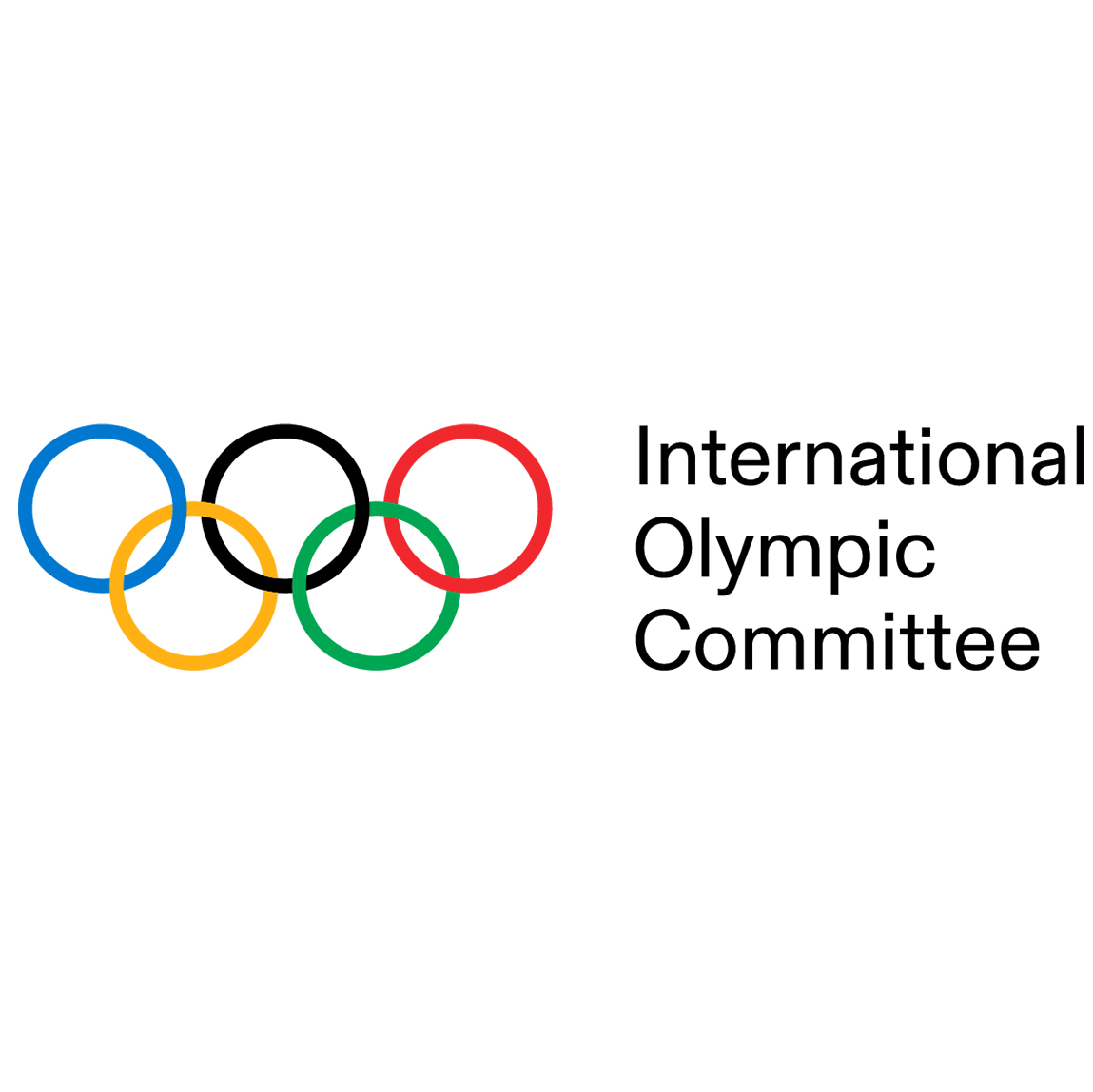
Athletes highlight power of sport to promote sustainability at Australian Olympic Committee’s final Wellbeing Series event
The Australian Olympic Committee (AOC) held its final Wellbeing Series event of the year in Brisbane, to promote the power of sport and the role it can play in contributing to a more sustainable future.
The event featured athletes and sustainability experts sharing their insights into how sports and individuals can have a positive effect on the planet, including: four-time Olympic mogul skier Britt Cox, Tokyo 2020 diver Sam Fricker, FIFA Women’s World Cup Australia and New Zealand 2023 Head of Sustainability and Co-Founder of the Sports Environment Alliance Dr Sheila Nguyen, and Tennis Australia Director of Sustainability Matthew Nicholas.
AOC CEO Matt Carroll said the panel highlighted the importance for sports to integrate sustainability within their organisations, saying, “The Olympic Movement has both a duty and an opportunity to contribute actively to global sustainability in line with our vision: ‘Building a better world through sport’. As signatories to the United Nations’ Sports for Climate Action Framework, the AOC is supporting the goals of the Paris Agreement and committing to taking positive and practical action for sustainability.”
Dr Sheila Nguyen described the important role that sporting organisations and athletes have to play in the sustainability movement.
“Everyone can put in and make a difference for planetary health and sport offers such a massive opportunity. Sporting events are their own ecosystem, that can shine a light on the challenges and potential solutions, and upgrade people’s perception of what sustainable performance can look like,” she stated.
Olympian Sam Fricker, who has his own biodegradable straw company, emphasised the importance of using these platforms to speak openly about sustainability.
“I grew up around the ocean in Merewether, and I compete in the water. Water is the place I feel happy and relaxed, and I’m so passionate about working to protect that. Small things can have a big impact. Even though the challenge looks massive, you need to take small daily steps to have a better environment,” Fricker stated.
























